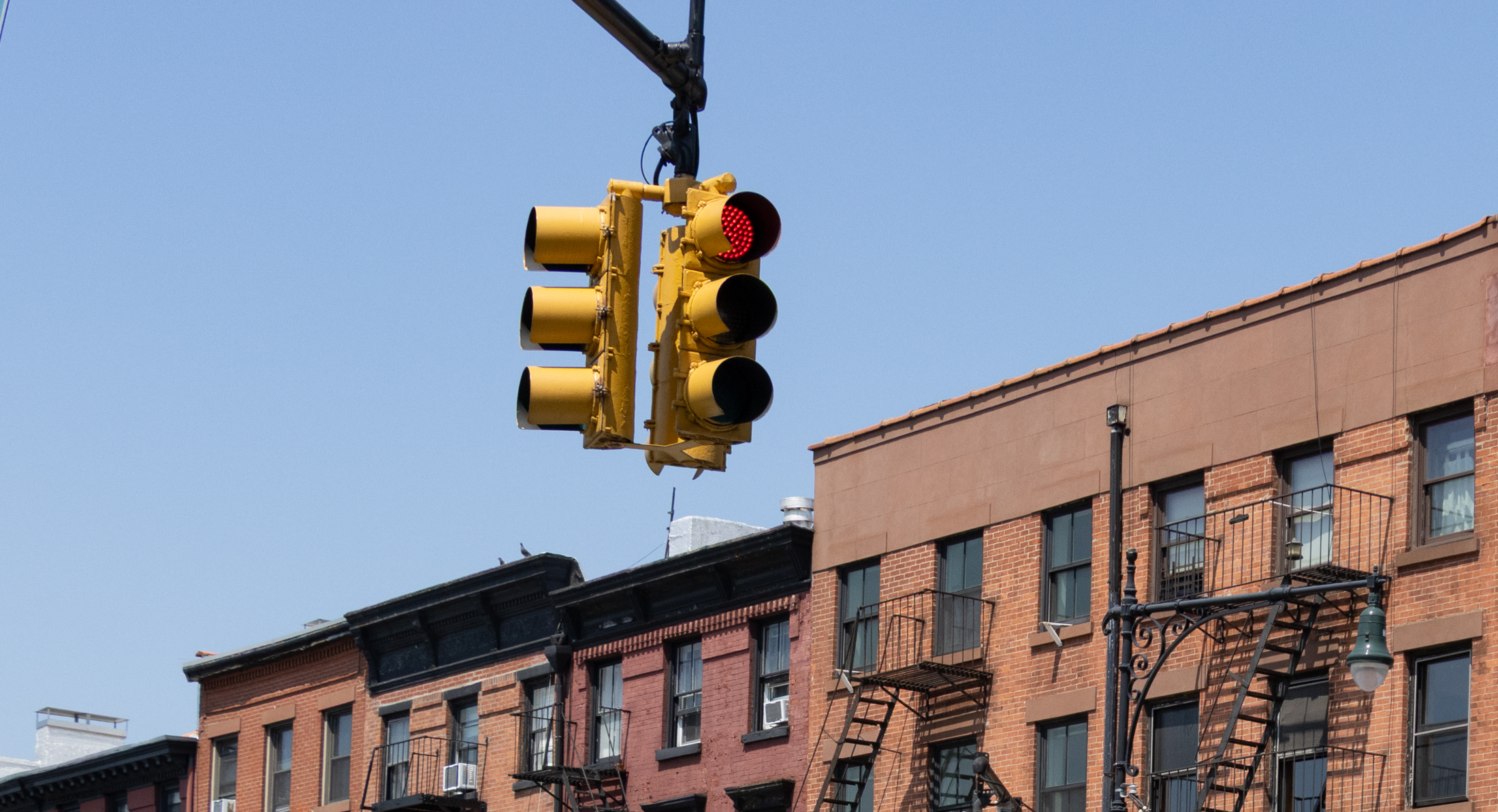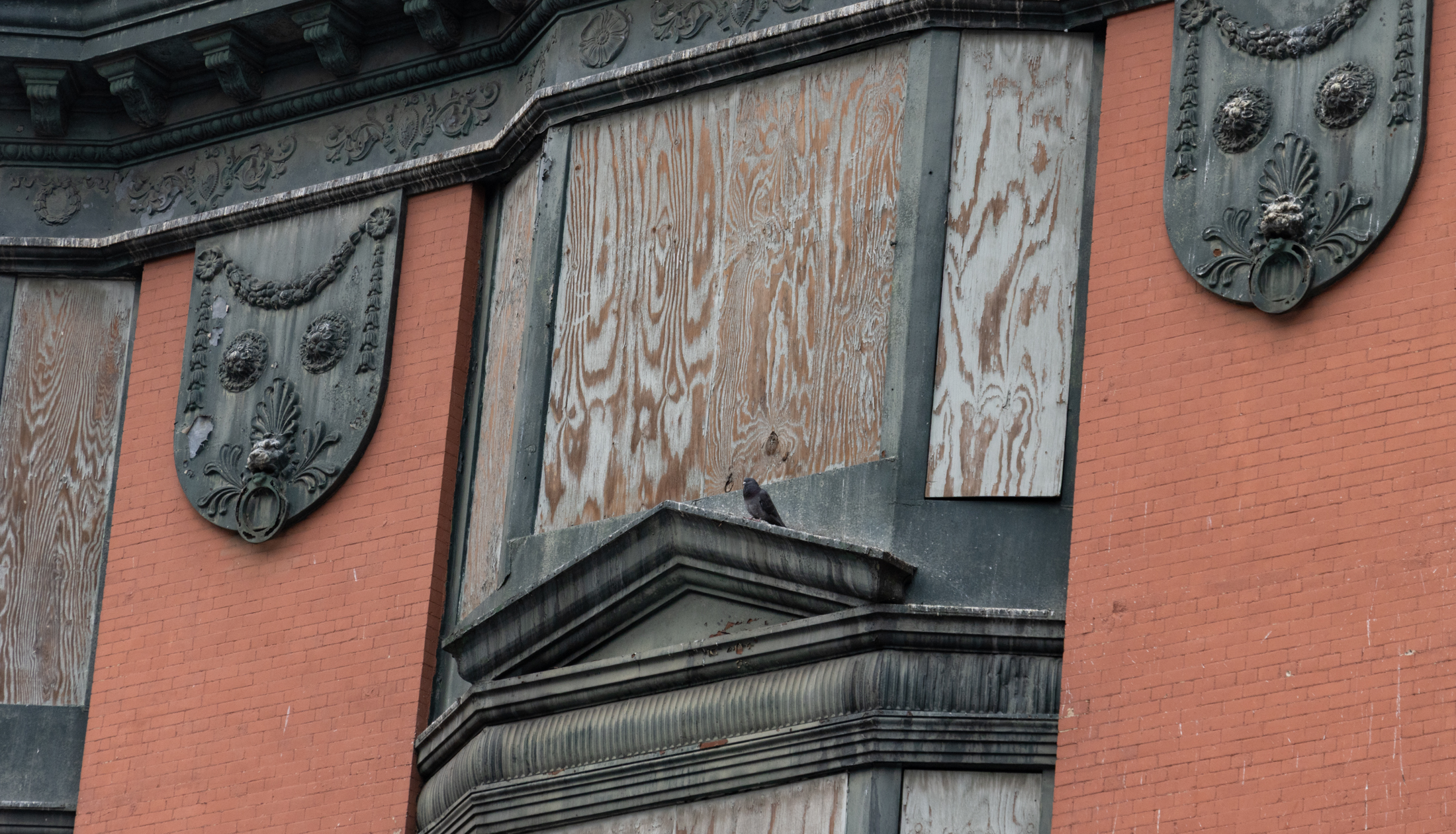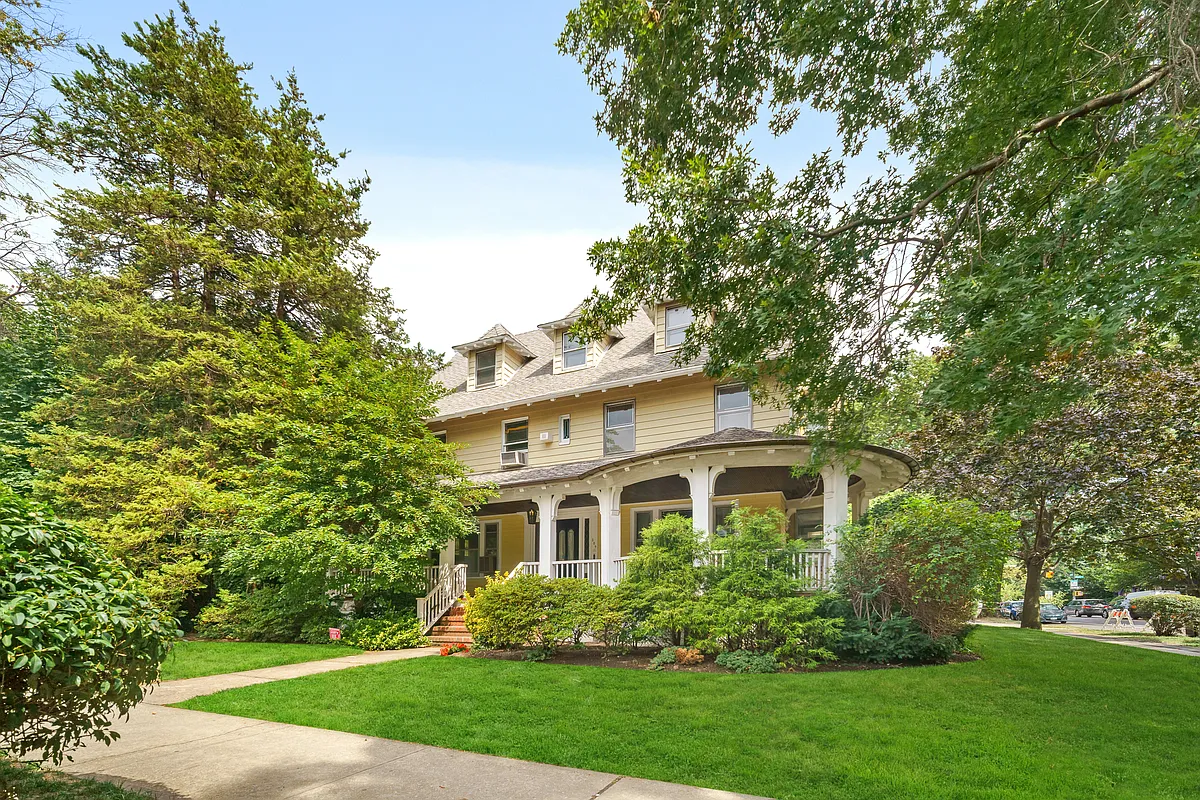Open House Picks: Six Months Later
Comment: What the heck happened to all those listings? Can’t be good… Open House Picks 2/13/09 [Brownstoner] Previous Six Months Later Posts [Brownstoner]


Comment: What the heck happened to all those listings? Can’t be good…
Open House Picks 2/13/09 [Brownstoner]
Previous Six Months Later Posts [Brownstoner]





“And how is it a gain for someone to get a place for $200K cheaper when they have to sell their place for that same amount less?”
Because if it’s a percentage decline across the board, you benefit when trading up.
Your former $200,000 place is now worth 20% less ($160,000), but the $360,000 place you want, with the same 20% decline, is $288,000. It used to be a $160,000 jump, and now it’s $128,000, or that same 20% less of an absolute increment.
Listings shmistings. The next installment of ‘Last Week’s Biggest Sales’ will definitely prove that properties in Brooklyn are all fetching record prices.
In fact one could argue that more expensive properties will have a more dramatic reduction.
I hear what you are saying, but I think this expectation only works if you believe that the driving factor in price reductions is the reduction in overall wealth. I actually think the bubble was more driven by a complete bastardization of the proportion of wealth people spent on housing. And my gut tells me that the proportion distoriton (hey, that rhymes) was actually worse in the $0 – $1.5 million market than it was in the $1.5 and above market.
“The best argument for price preservation in brownstone brooklyn always revolved around the supply side.”
the supply argument works for a premium over other types of homes such as frames. It does not make sense in the overall market: there will be a proportional correction over all types. In fact one could argue that more expensive properties will have a more dramatic reduction.
The best argument for price preservation in brownstone brooklyn always revolved around the supply side. Certainly many owners are going to pull back and hope to wait it out for market improvement. It may work. The alternative is that the supply side slowly builds (with new forced sellers and old sellers who can wait no longer) until you have sort of a race to the bottom. I don’t think anyone can really know which outcome we are going to get, but for someone with either belief to not recognize the other as a possibility begs for some bad decisions.
“right now someone would need extra $250k to get something better suited…if prices drop 20% then need only extra $200k (yes assuming that their current property is paid for).”
that’s correct. but I believe that many owners are underwater with jumbo mortgages and depend on rental income which is quite risky right now.
“Also–even for others in declining market and it declines further….doesn’t it become easier to ‘trade up’ when prices are even lower’. Such as: right now someone would need extra $250k to get something better suited…if prices drop 20% then need only extra $200k (yes assuming that their current property is paid for).”
Assuming that their property is paid for is a BIG assumption. And how is it a gain for someone to get a place for $200K cheaper when they have to sell their place for that same amount less?
But, yes, anyone who doesn’t need to sell right now probably shouldn’t. Problem for the market is that more and more people will need to sell as more time passes thus driving prices lower.
So anyone who can’t wait indefinitely is potentially going to have a harder reckoning later than they would if they just bit the bullet and cashed out now.
We’re looking to rent – gasp! – and we’ve been offered a number of places where people really want to sell, but they’re looking to rent their places out for some indefinite period until the market comes back.
Over time, that gets harder and harder to do, I imagine. And the shadow inventory builds and builds …
I’m well, ROTW. Welcome back. I knew you couldn’t stay away too long!
***Bid half off peak comps***
Pete – I guess it depends on the seller. It may be that we are headed for a period of “the new normal” which is basically closer to historical norms, instead of the yes, mutant asset bubble that crashed in 2008.